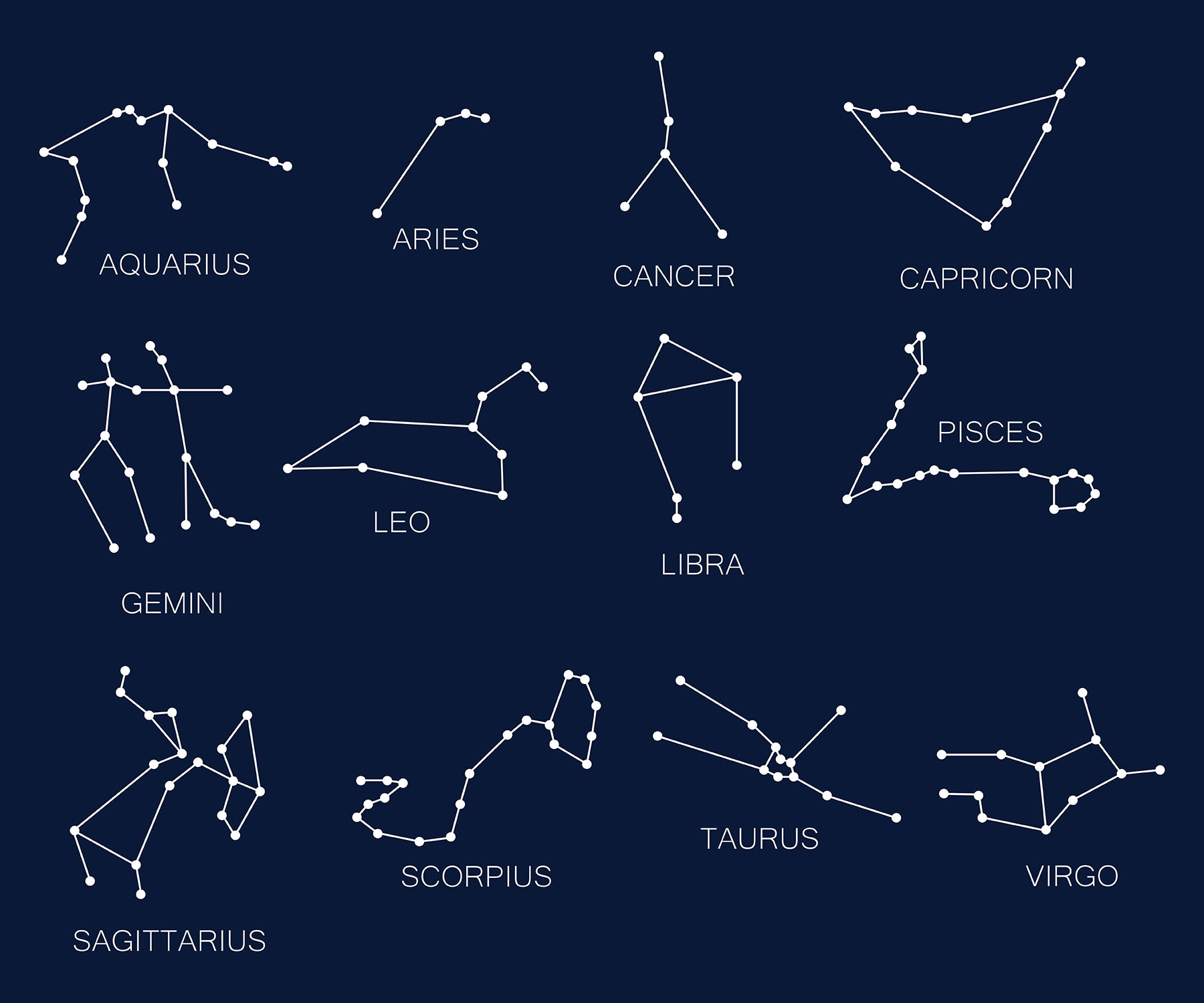
Scorpio
Definition
The constellation Scorpio is one of the 88 officially recognized modern constellations, prominently located in the southern celestial hemisphere. It is represented by a scorpion, known for its distinctive curved pincers and long tail.
Scorpio is rich in bright stars, with the red supergiant Antares being one of its most recognisable stars. In Greek mythology, Scorpio is associated with the story of Orion, the great hunter, and is often depicted as a scorpion sent by Gaia to kill Orion in a celestial battle.
Studying Scorpio allows us to explore the concepts of celestial navigation, astronomical observation, and the motion of stars across the night sky. It also highlights the cultural significance of constellations in various civilizations, with the scorpion being an essential figure in many mythologies.
By examining Scorpio's position in the night sky and its role in ancient and modern cultures, we gain a deeper appreciation for the wonders of astronomy and the enduring human fascination with the stars and their stories.
How can the word be used?
The constellation Scorpio is located in the southern sky.

Different forms of the word
Noun:
- the eighth sign of the zodiac, represented by a scorpion.
- a person born between October 23 and November 21, under the sign of Scorpio.
Adjective:
- relating to Scorpio or its people.
Etymology
The word "Scorpio" comes from the Latin word "Scorpius", which is the name of a constellation in the zodiac.
The first recorded use of the word "Scorpio" in English was in the 14th century.
The word "Scorpio" is a Latin word, and it is related to the Greek word "skorpios", which also means "scorpion".
Question
What Latin word does Scorpio come from?
AQA Science Exam Question and Answer
Question:
Describe the Scorpio constellation's significance in mythology and its role in aiding navigation for ancient civilizations.
Answer:
The Scorpio constellation holds significance in both mythology and navigation history. In Greek mythology, Scorpio is often associated with the story of Orion the Hunter. According to the myth, Scorpio is said to have been sent by the Earth goddess Gaia to kill Orion due to his arrogance. This tale explains why the constellation Scorpio and Orion are never seen in the sky simultaneously.
In terms of navigation, Scorpio played a crucial role for ancient civilizations. Prior to advanced navigational tools, sailors and travellers used celestial landmarks like constellations to navigate across oceans and deserts. The Scorpio constellation, with its distinct shape resembling a scorpion, was a recognisable and reliable point of reference in the night sky. Its position in the southern sky made it particularly useful for navigation in the southern hemisphere.
By identifying the Scorpio constellation, ancient explorers could determine their direction and orientation, enhancing their ability to navigate accurately. This practical role of Scorpio in aiding navigation highlights the close relationship between astronomy and the daily lives of people throughout history.
In summary, the Scorpio constellation's significance in mythology and its role in aiding navigation underscore the rich connections between cultural narratives and practical applications in the study of the night sky.